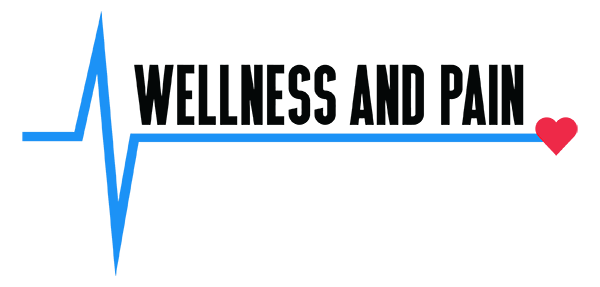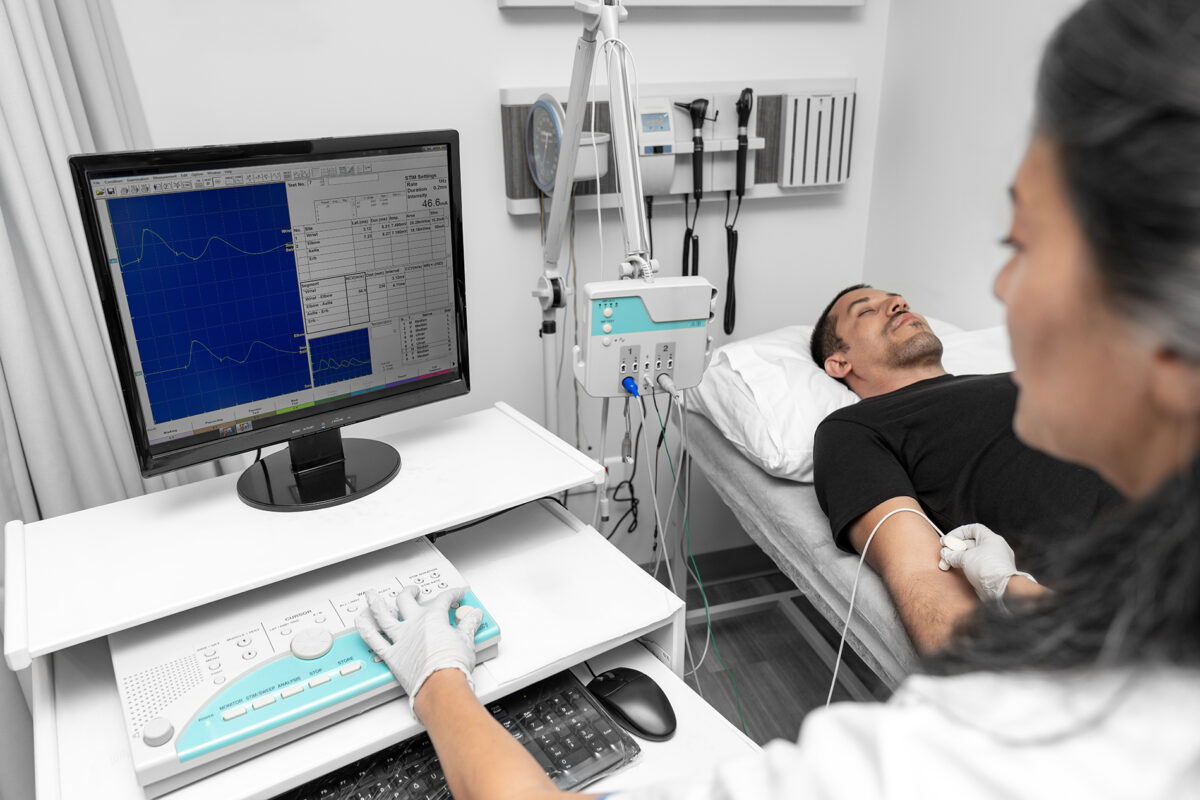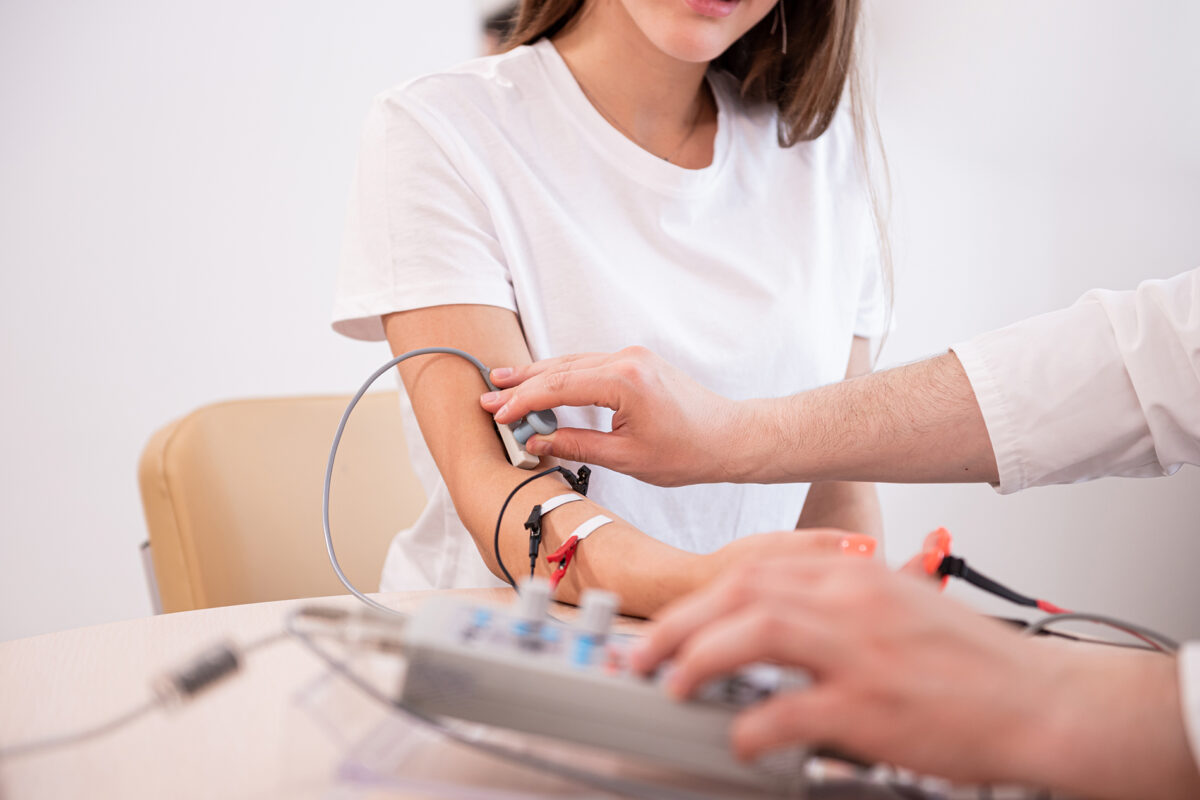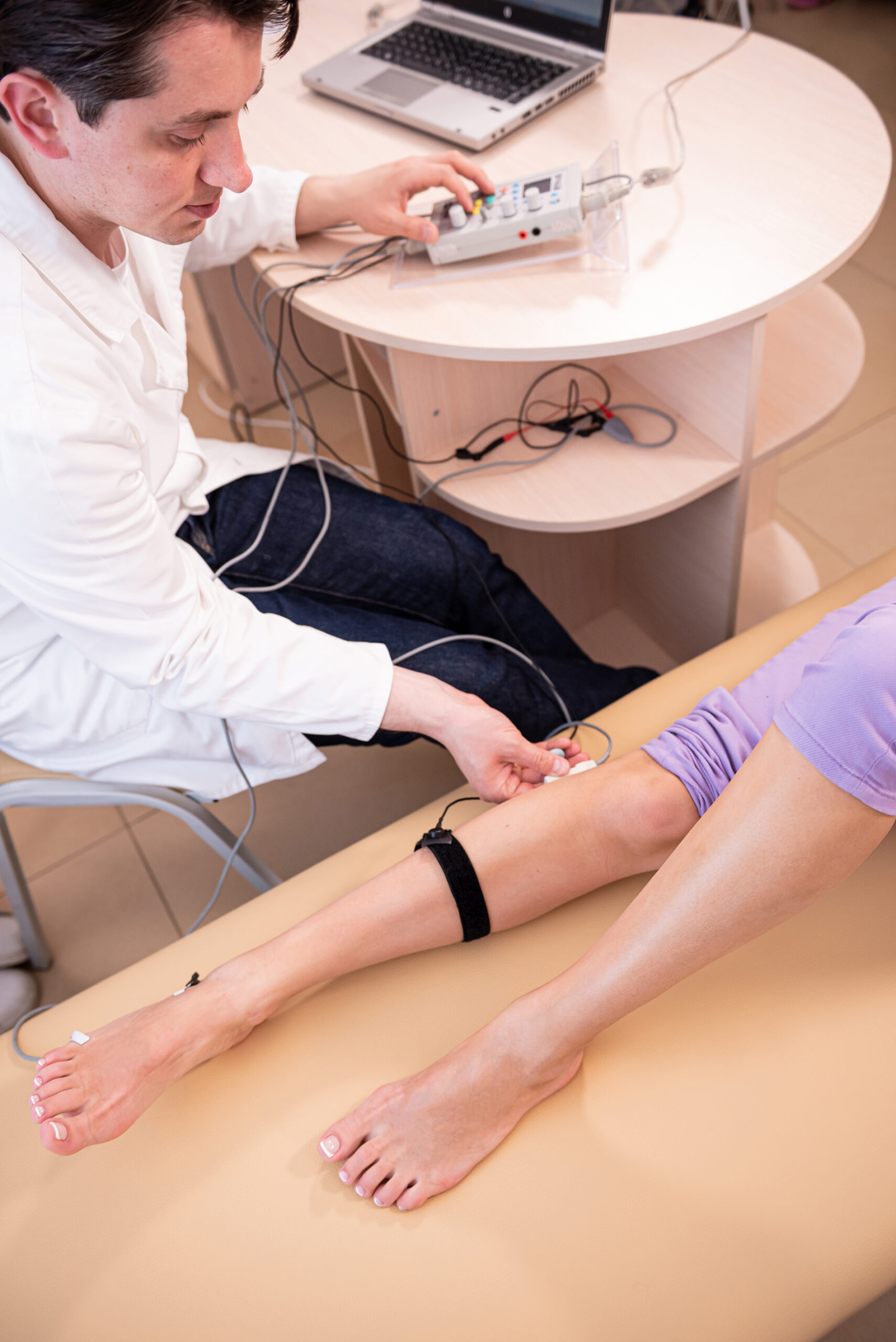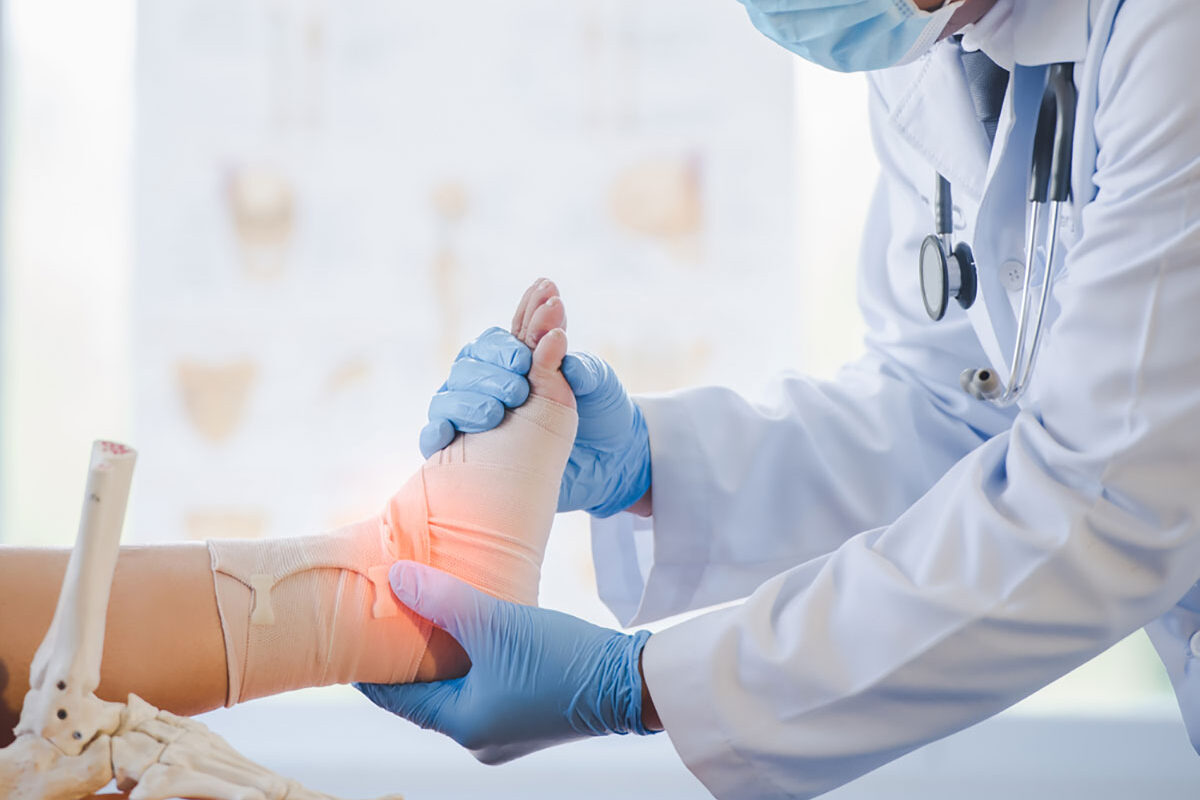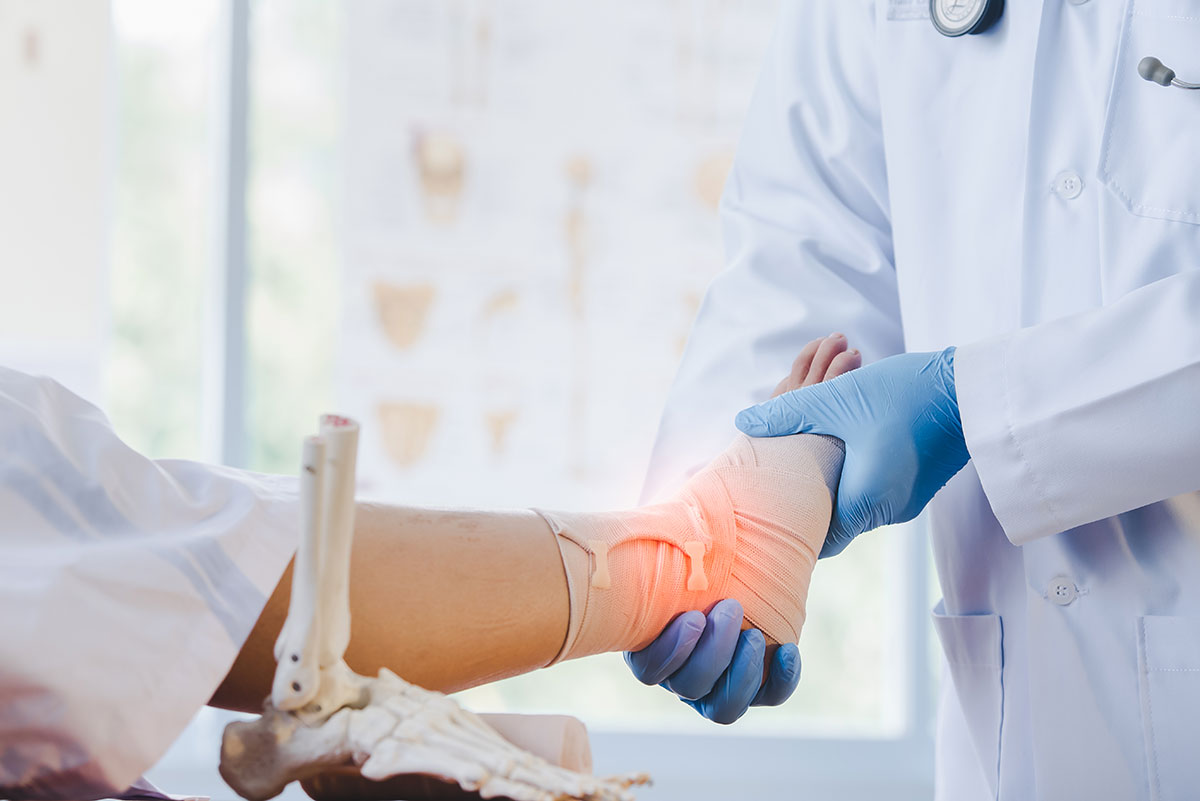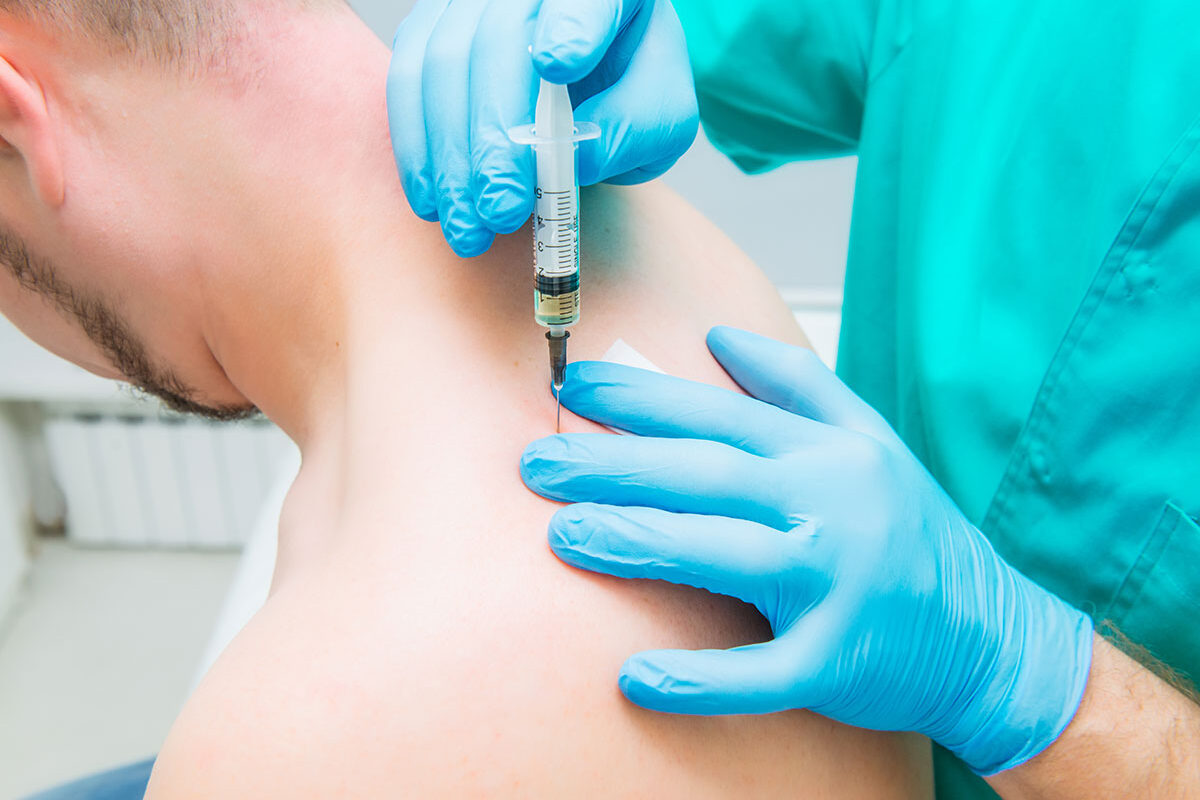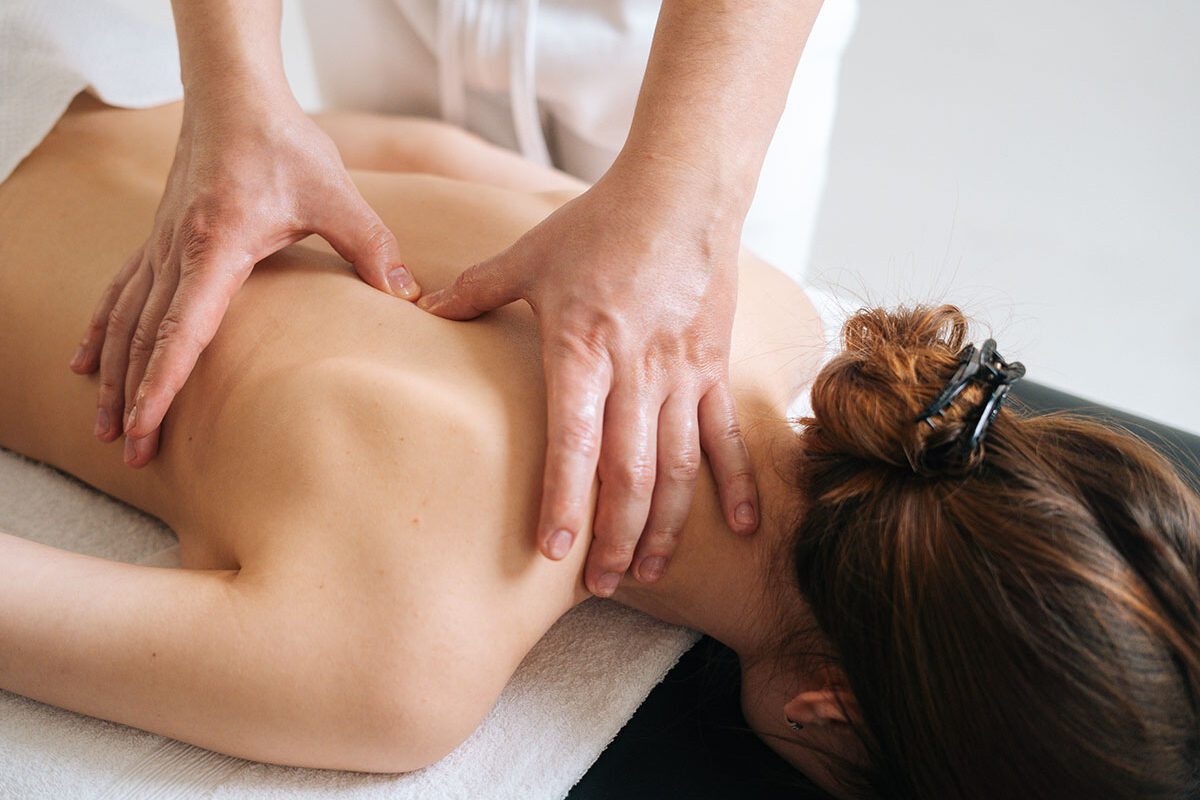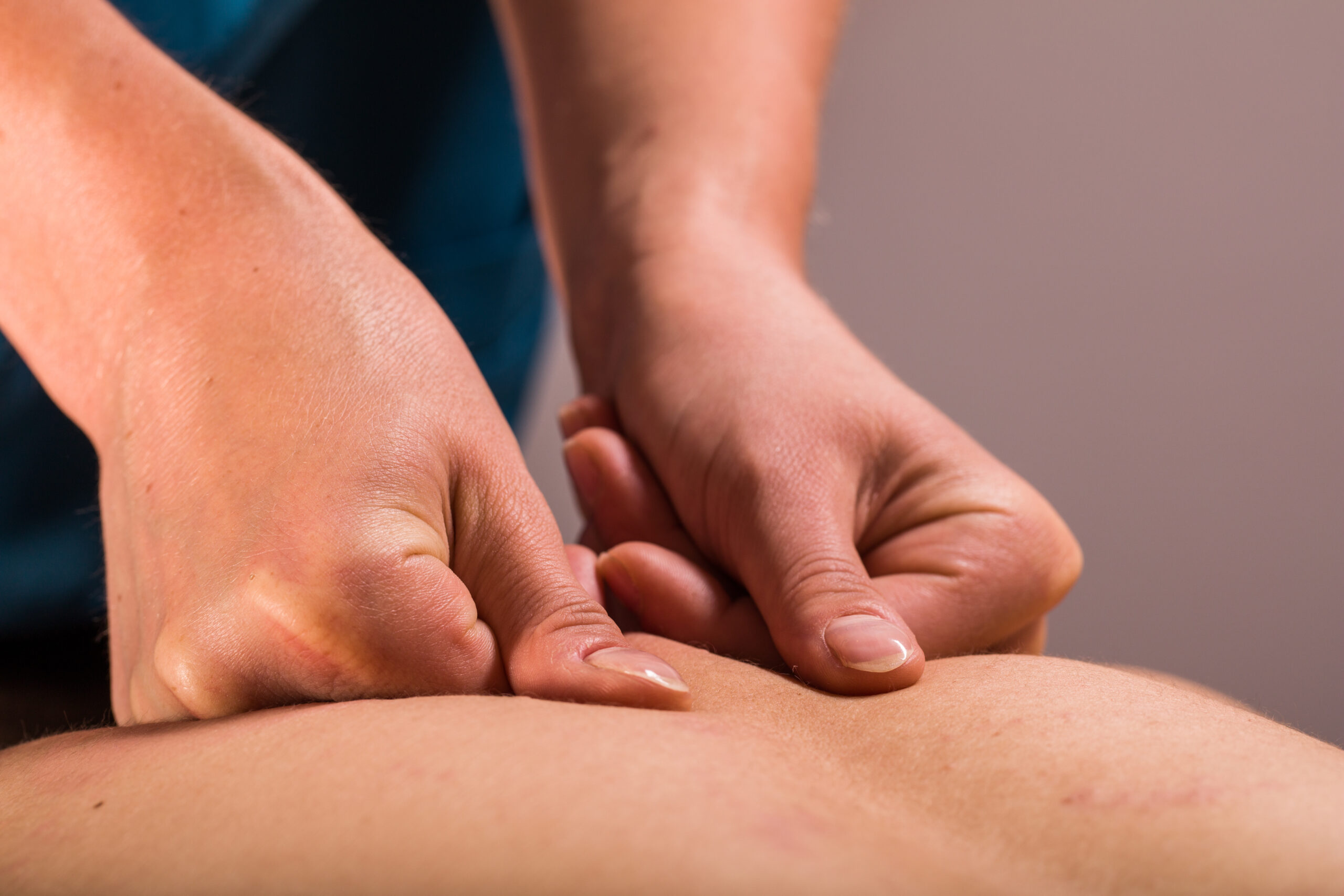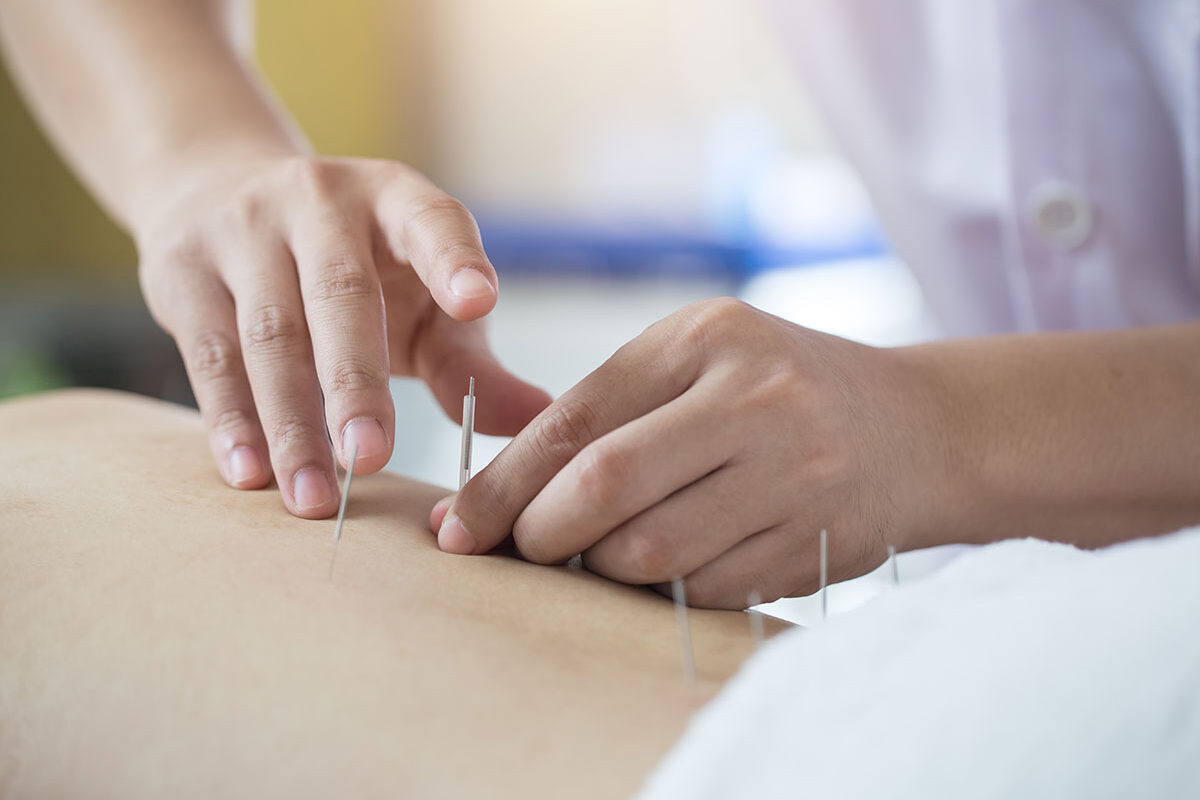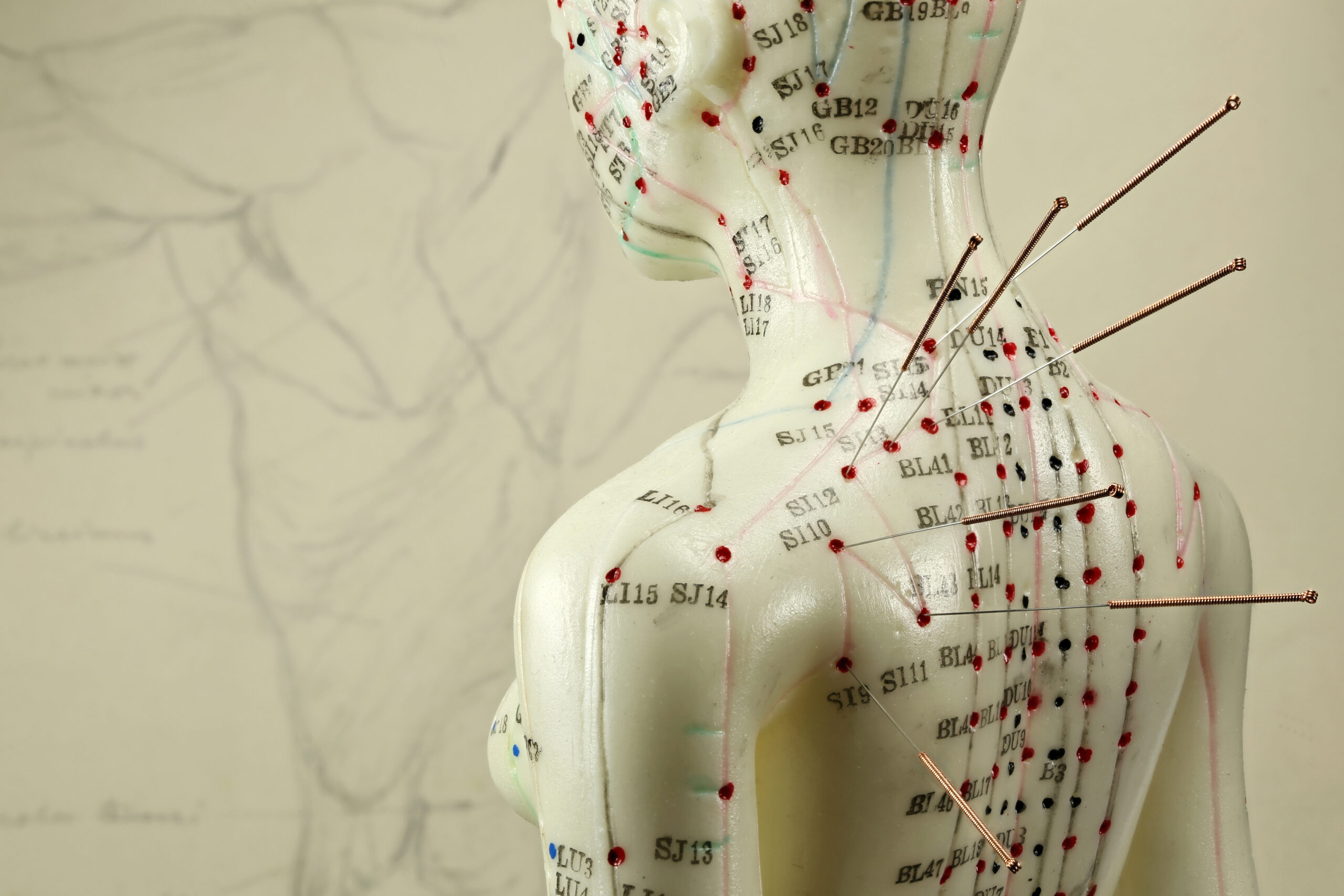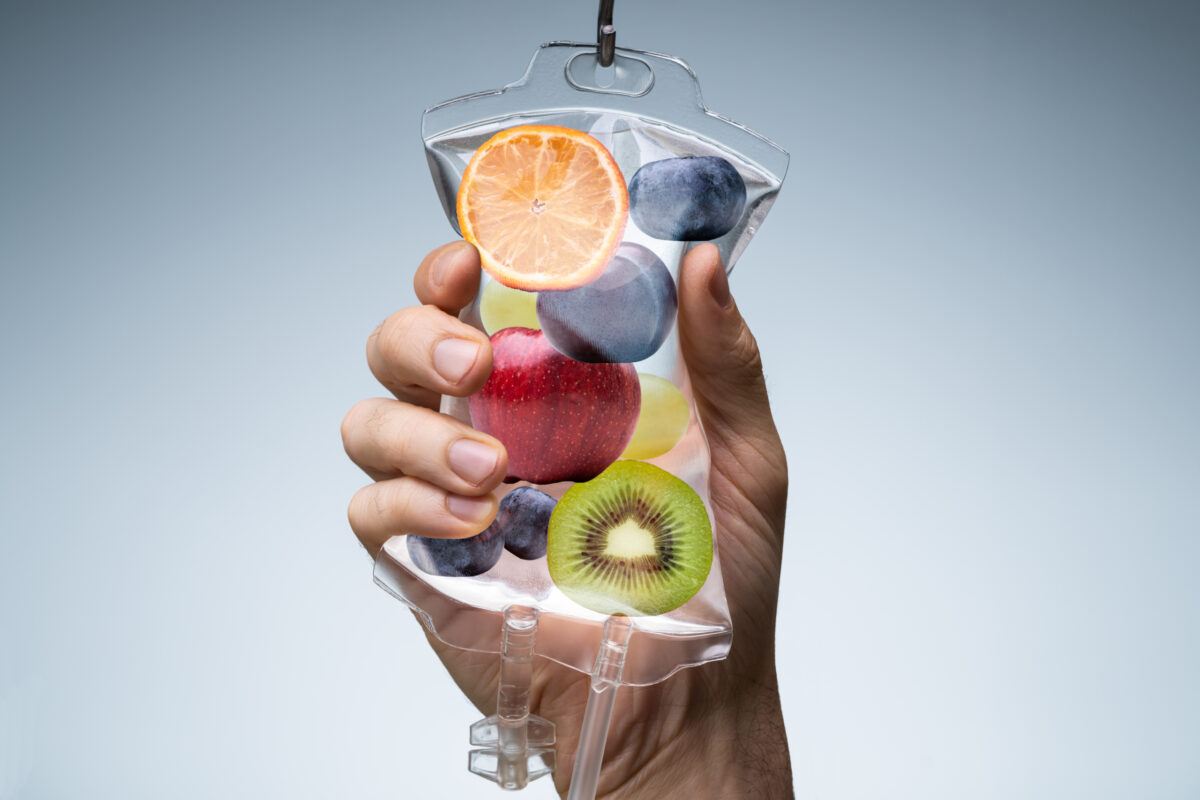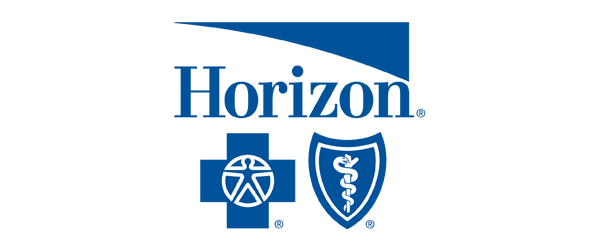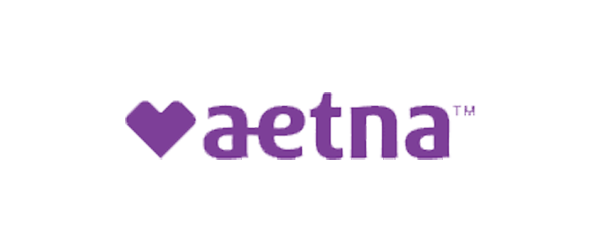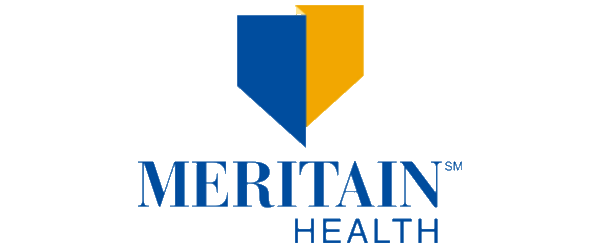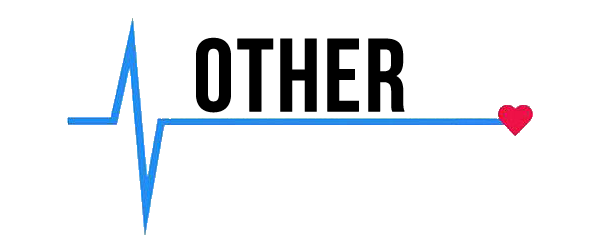Exploring Nerve Conduction Velocity (NCV) Tests
Nerve Conduction Velocity (NCV) tests are essential diagnostic tools used to evaluate the function of the peripheral nerves. An NCV test measures how quickly electrical signals move through a nerve, providing critical information about nerve health and identifying any nerve damage or dysfunction. This test is particularly valuable for diagnosing conditions that affect nerve function, such as neuropathies and nerve compression syndromes.
During an NCV test, small electrodes are placed on the skin over the nerves being tested. These electrodes deliver a mild electrical stimulus, and the resulting nerve response is recorded. By analyzing the speed and strength of the nerve’s response, healthcare providers can determine the presence and extent of nerve damage.
At Wellness and Pain, we offer comprehensive NCV tests to accurately diagnose and manage a variety of nerve-related conditions. Our experienced team uses advanced technology and techniques to ensure precise and reliable results, helping patients achieve optimal outcomes.
How NCV Tests Work
The NCV test involves stimulating a nerve at one site and recording the response at another site along the nerve’s pathway. The time it takes for the electrical impulse to travel between the two points is measured, providing information about the nerve’s conduction velocity. This data helps identify areas of slowed or blocked nerve conduction, which can indicate nerve damage or disease.
During the procedure, surface electrodes are placed on the skin over the nerve to be tested. A mild electrical stimulus is applied, and the resulting nerve response is recorded. The test is typically performed on an outpatient basis and takes about 30 to 60 minutes, depending on the number of nerves being evaluated.
NCV tests are often used in conjunction with electromyography (EMG) to provide a comprehensive assessment of nerve and muscle function. At Wellness and Pain, we ensure that each NCV test is conducted with precision and care, providing valuable insights into the patient’s neuromuscular health.
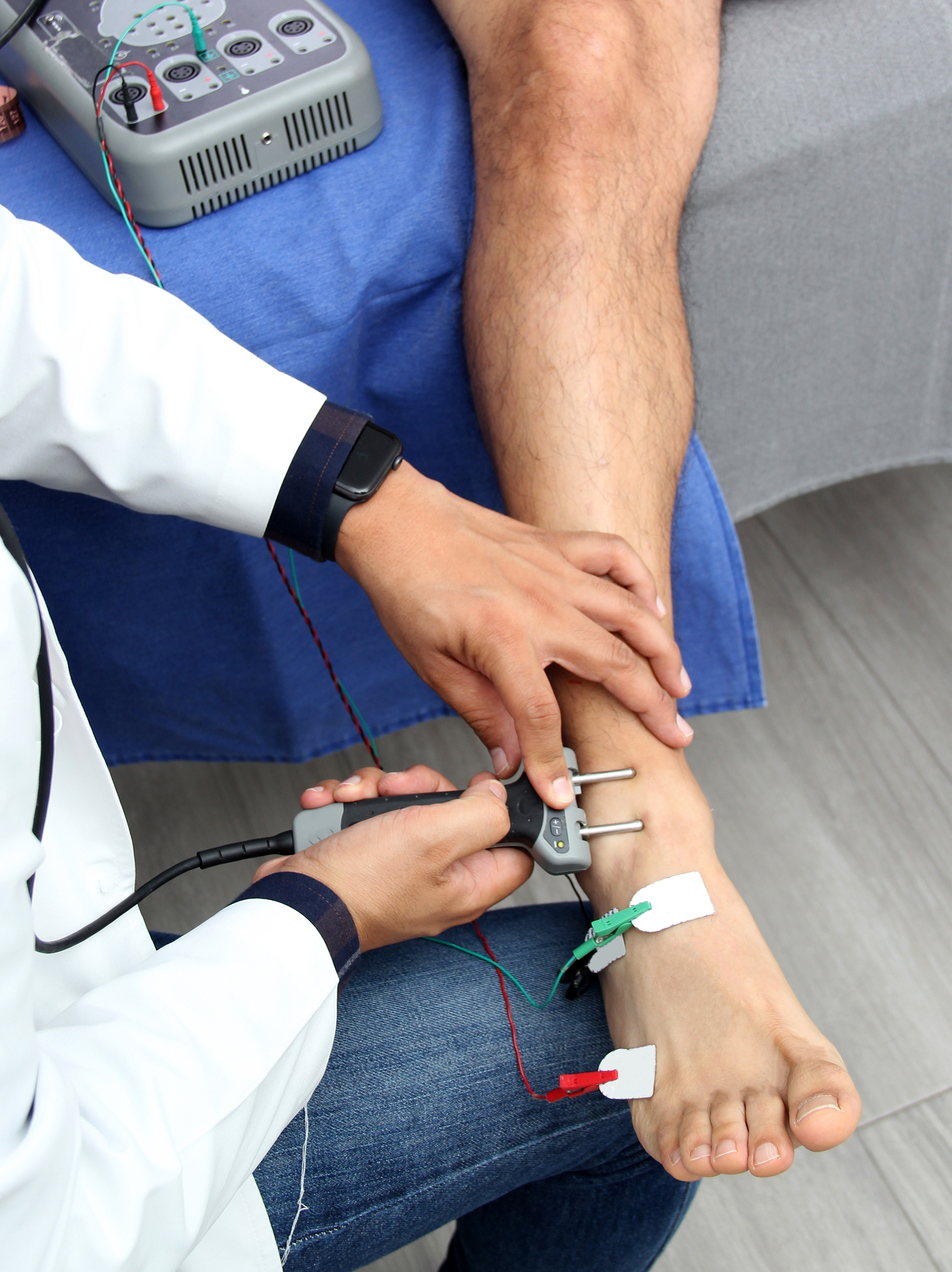
Benefits of Nerve Conduction Velocity Tests
Accurate Diagnosis
One of the primary benefits of an NCV test is its ability to provide accurate and detailed information about nerve function. This precision helps in diagnosing a wide range of conditions that may not be detectable through other diagnostic methods.
- Identification of nerve damage or dysfunction
- Detection of peripheral neuropathies
- Assessment of nerve compression syndromes
Guided Treatment Plans
NCV test results are instrumental in guiding the development of personalized treatment plans. By pinpointing the exact nature and location of nerve issues, healthcare providers can tailor therapies to address specific problems, leading to more effective and targeted treatment.
This personalized approach enhances the likelihood of successful outcomes and helps patients achieve significant improvements in their condition.
Monitoring Progress
NCV tests are also valuable for monitoring the progress of treatment. By comparing baseline and follow-up NCV results, healthcare providers can assess the effectiveness of interventions and make necessary adjustments to the treatment plan.
This ongoing evaluation ensures that patients receive the most appropriate care and achieve the best possible results in their recovery journey.
Conditions Diagnosed with NCV Tests
An NCV test can diagnose a variety of conditions that affect nerve function. These conditions often involve nerve damage or compression, leading to symptoms such as pain, numbness, and weakness. Some of the most common conditions diagnosed through NCV tests include:
- Carpal tunnel syndrome
- Peripheral neuropathy
- Herniated discs
- Diabetic neuropathy
By accurately diagnosing these and other conditions, NCV tests provide a critical foundation for effective treatment and management. Wellness and Pain is dedicated to offering comprehensive diagnostic services to help patients understand and address their nerve health concerns.
Why Choose Wellness and Pain for NCV Tests
At Wellness and Pain, we are committed to providing the highest quality care for patients undergoing NCV tests. Our team of experienced professionals is dedicated to delivering accurate diagnoses and personalized treatment plans tailored to the unique needs of each patient.
We utilize state-of-the-art technology and techniques to ensure precise and reliable NCV results. Our comprehensive approach to diagnostic testing ensures that patients receive the most effective care, addressing both the symptoms and underlying causes of their nerve issues.
Our commitment to patient-centered care means that we prioritize the comfort and well-being of our patients throughout the testing and treatment process. From initial consultation to follow-up care, we strive to provide a supportive and compassionate environment where patients can feel confident in their diagnostic journey.
Wellness and Pain is dedicated to helping patients achieve optimal health and well-being through advanced NCV tests and comprehensive care. Contact us today to learn more about our services and how we can help you achieve a pain-free life.
